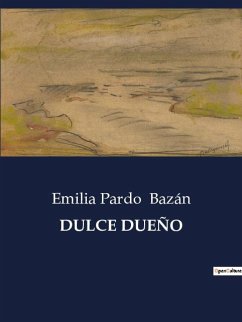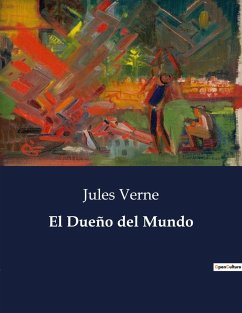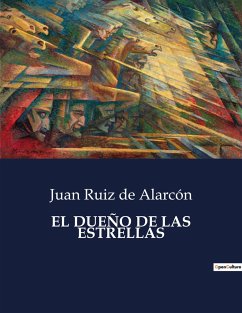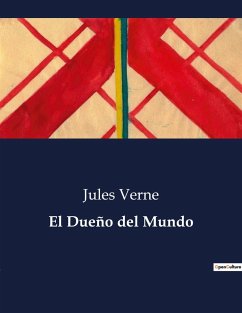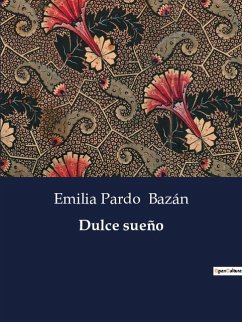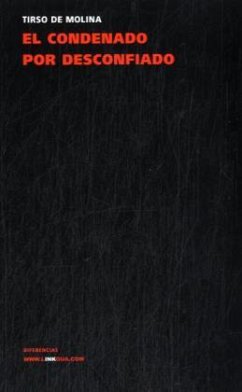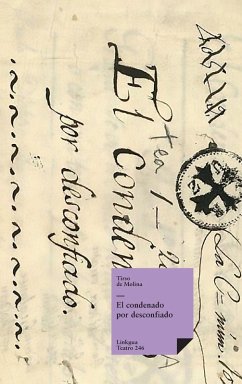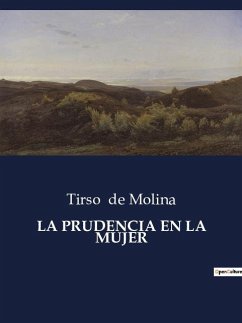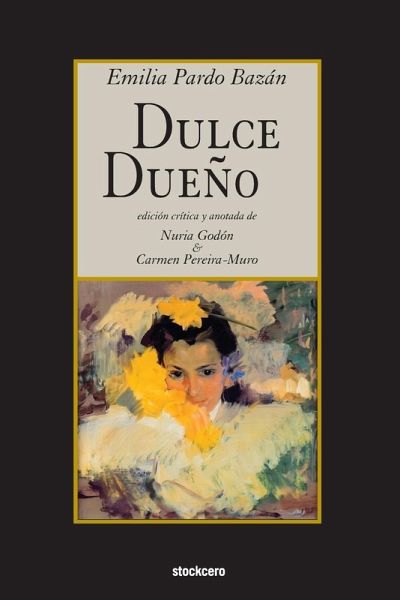
Dulce Dueño
Versandkostenfrei!
Versandfertig in 1-2 Wochen
29,99 €
inkl. MwSt.
Weitere Ausgaben:

PAYBACK Punkte
15 °P sammeln!
"Dulce dueño" [Sweet Master] (1911), the last novel by Emilia Pardo Bazán, challenges the rigid classifications imposed on the author throughout her literary career. It is an anti-dogmatic novel that transcends both literary and gender boundaries. Together with "La Quimera" (1905) and "La Sirena negra" (1908), "Dulce dueño" forms the emblematic trilogy of Pardo Bazán's modernist phase. Her adoption and reworking of aesthetic elements -such as the refined use of light, color, sound, and silence; the pursuit of beauty; and the interplay of history, legends, and innovative worldviews- demonst...
"Dulce dueño" [Sweet Master] (1911), the last novel by Emilia Pardo Bazán, challenges the rigid classifications imposed on the author throughout her literary career. It is an anti-dogmatic novel that transcends both literary and gender boundaries. Together with "La Quimera" (1905) and "La Sirena negra" (1908), "Dulce dueño" forms the emblematic trilogy of Pardo Bazán's modernist phase. Her adoption and reworking of aesthetic elements -such as the refined use of light, color, sound, and silence; the pursuit of beauty; and the interplay of history, legends, and innovative worldviews- demonstrate her participation in modernist literature. At the same time, "Dulce dueño" brings Pardo Bazán's novelistic trajectory to a close, prioritizing for the first time in her work the feminine perspective, since it has a woman protagonist, narrator, and author of the autobiography into which the text evolves. Grounded in a defense of individual freedom, the novel offers a bold response to the limitations and categorizations imposed on women in maternal, educational, sexual, scientific, political, and religious contexts. While acknowledging Pardo Bazán's significance as the introducer of naturalism in Spain, this critical edition seeks to move beyond reductive classifications that confine her to a specific generation, movement, and literary genre. Instead, it highlights her interdisciplinary contributions to modernism, her engagement with emerging genres like detective fiction, and her advocacy for women's voices. This edition proposes reading "Dulce dueño" as a female Bildungsroman, featuring a dandy protagonist who must confront the societal gaze of those attempting to appropriate her individuality. The critical introduction offers a historical-cultural, narratological, feminist, and interdisciplinary approach that mirrors the rich and diverse cultural production of Emilia Pardo Bazán.






